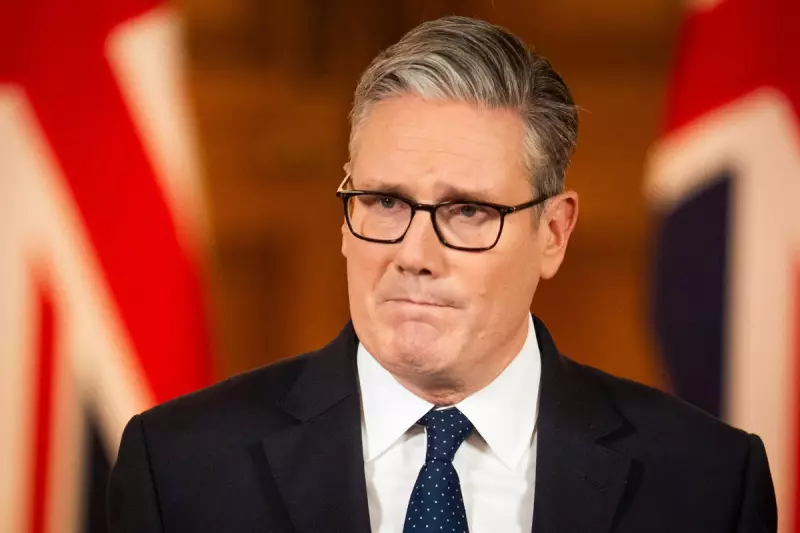
Labour leader Sir Keir Starmer is facing renewed scrutiny over his involvement in a controversial China espionage case during his tenure as Director of Public Prosecutions, raising serious questions about national security protocols and political transparency.
The Westminster Spy Scandal
Newly emerged details reveal that Sir Keir was directly involved in decisions surrounding the case of a parliamentary researcher accused of spying for China. The individual, who had access to sensitive information from multiple MPs including security minister Tom Tugendhat, was arrested under the Official Secrets Act last year.
Security Breach Concerns
The case has sparked alarm across Westminster, with the researcher allegedly involved in activities that could compromise UK security interests. What makes this situation particularly concerning is the prolonged period between initial suspicions and formal legal action.
Timeline of Events
- Initial suspicions about the researcher's activities emerged in early 2022
- Arrests were made under the Official Secrets Act in March 2023
- The case involves allegations of spying for the Chinese government
- Multiple MPs with security responsibilities were potentially compromised
Political Fallout
Prime Minister Rishi Sunak has publicly confronted China over what he described as "unacceptable" interference in UK politics. The timing couldn't be more sensitive, with Starmer's Labour Party leading in polls ahead of a potential general election.
Security experts warn that this case highlights vulnerabilities in the UK's political system and raises questions about how potential threats are identified and managed at the highest levels of government.
Broader Implications
The revelations come amid growing tensions between the UK and China, with several Western nations expressing concern about Chinese espionage activities. This case is likely to fuel ongoing debates about how to balance international relations with national security priorities.
As the political drama unfolds, both government and opposition figures face increasing pressure to demonstrate their commitment to protecting Britain's democratic institutions from foreign interference.





